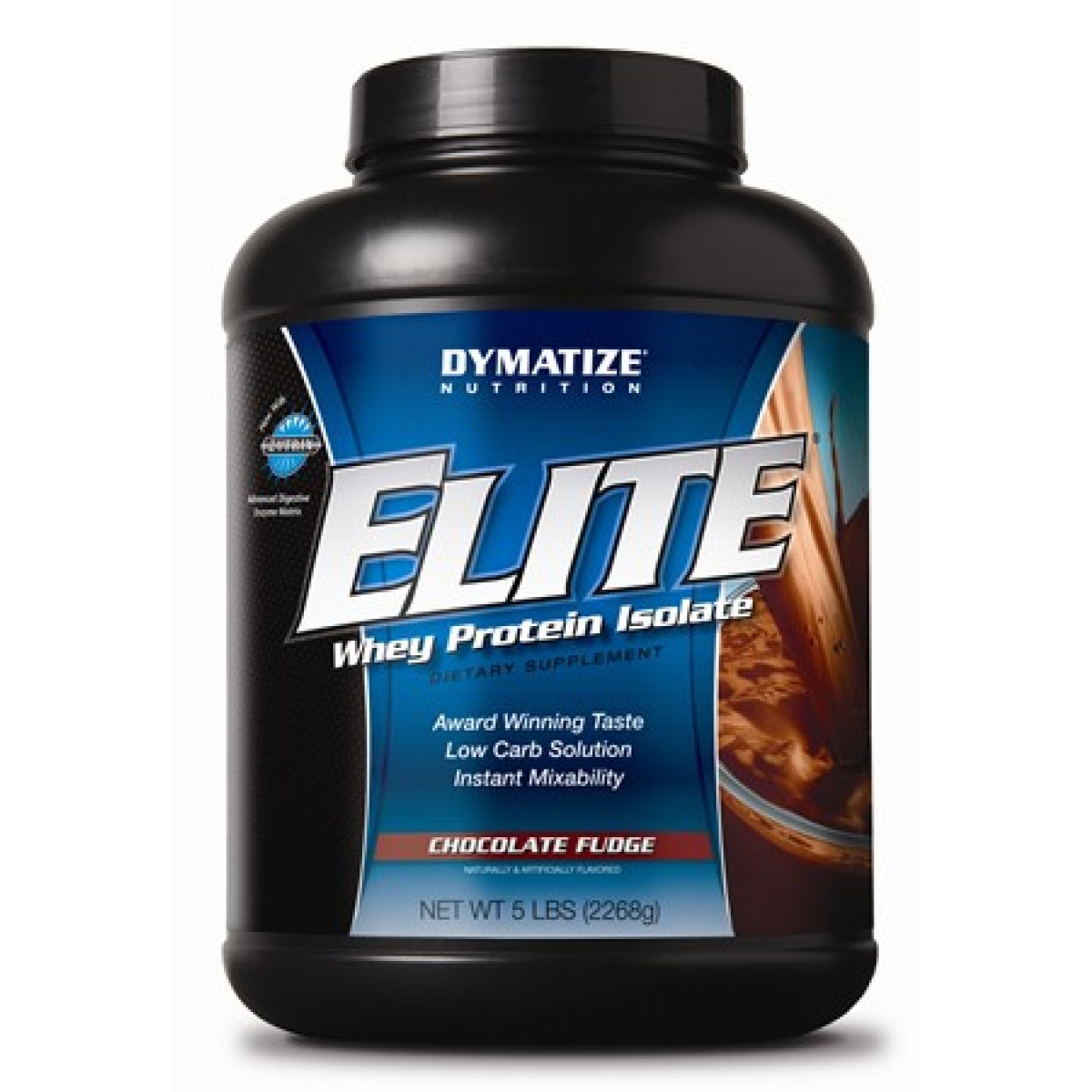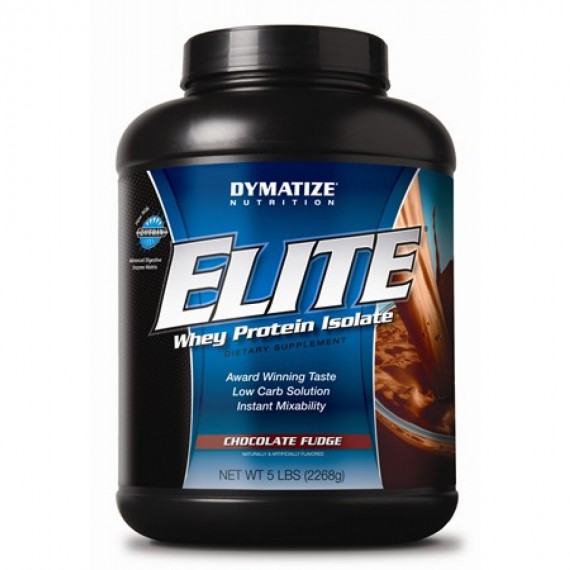
Dear Lyle,
I just read an article about protein cycling at Testosterone.net. In it, the author (who’s an MD AND a bodybuilder, so he must know his stuff) recommends reducing protein intake to 20-40 grams per day for up to a month, saying that it’ll help me get bigger. He also said that it’s possible to grow during starvation. He has references to support his claims. What do you think?
Answer: OK, I’ll come clean, I made up this question (but it’s the only one so far). No one sent it to me but I figured it was just a matter of time before they did. The article on protein cycling over at testosterone.net is a good example (to me at least) of the problem with bodybuilding and the internet: anybody with any idea, whether it’s valid or not, can put it out there for the world to see.
I was appalled by the article on protein cycling on testosterone.net. While protein cycling may have some limited uses, the claims made in the article, and the references used to support those claims, are out in left field. Actually, they are beyond left field, they are out in the parking lot where Mark McGwire’s last home run landed. I wrote a rather detailed feedback letter to the guys at Testosterone.net. That was several weeks ago and they have not dignified me with a response, not even to tell me to fuck off. So, here in all it’s glory, is the letter I wrote to them, so everyone can know how easy it is to cite a couple of studies and mislead people.
Addendum: Since writing this fake email question to myself, the good Dr. graced me with a reply at Testosterone.net. I will be addressing his comments (although I won’t spend most of my time using ad hominem attacks or making fun of his name, as he did with me) here on Mesomorphosis.com.
And my next article will be on issues regarding protein oxidations, synthesis, degradation, etc. to clear up some of these issues (as well as explaining why protein cycling just probably isn’t going to work very well). And I’ll actually be using human research instead of chicken and sheep models. But I wanted my original letter to be available somewhere on the web than on Testosterone.net.
****
Where do I ever start? I wanted to write to you regarding the good Dr. Marcus’ rehashed ideas on protein cycling. I say rehashed because Gironda was pushing low protein cycles years ago, Tom Platz talked about it in “Big Beyond Belief” as did Akerfeldt last year in his ‘ABCDE’ series in MM2K. Dr. Marcus’ approach is far more extreme than either approach, advocating 20-40 grams of protein for long periods of time, up to a month.
I’m sorry guys, but I think one of your infamous ‘Gang of Five’ is defective. First he makes this big deal about why you should listen to him, because he’s a smart cookie, and because he *knows* how to do research, and because he’s a *real* bodybuilder. Well I’m not ‘real’ bodybuilder (just a wanna be with small arms) but I do have a background in exercise physiology and nutrition. More importantly, I know how to access Medline to check on the claims being made by all the B.S. artists in the world of bodybuilding. And this article was full of it.
First he talks about how protein depletion jacks GH to the ceiling, and it doesn’t come down for several days after protein is refed, citing Guyton’s textbook of medical physiology (pg. 939). This is true (I checked my copy), at least for children suffering from Kawashiorkor (that’s a good model for bodybuilders) but he’s being awfully reductive. GH isn’t the be-all, end-all anabolic hormone, what about looking at what happens to testosterone levels or IGF-1. Of course, GH is the big rage right now (i.e. all the B.S. GH supplements flooding the market) so it makes sense that he’d play up the role of GH in growth. Also, if you really want to jack GH to the ceiling, try total starvation. Of course, no one would be dumb enough to recommend starvation for growth. Oh wait, that came later in the article.
That’s when the article really got bad. first he claims: “Other benefits of protein cycling include more efficient function of the liver and kidneys and a decrease in organ size. We all know that a smaller liver is great, especially to those of us with protruding guts secondary to liver hypertrophy.(5)”
Citing:
5 – Differential effects of plane of protein or energy nutrition on visceral organs and hormones in lambs. J Anim Sci 1995 Jun;73(6):1674-1688 Wester TJ, et. al.
Now this would be fascinating if it occurs, and could be beneficial. So I looked up the abstract (don’t have access to the journal sadly). And it does state: ” By wk 7 of restriction, liver mass in ER and PR was decreased to 50% of controls (P < .05).”
So he’s correct, sort of. But, the next sentence says: “Return of liver mass, on an empty body weight basis, occurred by d 2 of repletion (P< .01)”
Wow, 4 weeks of protein malnutrition and any advantage of a reduced liver size is gone within 2 days. That sounds worth it to me. Of course, he probably didn’t expect anyone to actually look up his studies (we all know that citing a passle of studies automatically gives you credibility) and see if he was correct or not.
Finally, to prove his brilliance, he states “Hey, don’t be afraid of losing muscle and wimp out…many of our current ideas about building muscle are stupid and based on the ideas of peons and pencil necks. For instance, I have discovered, in the literature and through self-experimentation, that muscle can be built during complete starvation…but that’s another topic for another day.(6)”
Citing:
6 – Effect of food restriction on rat muscle hypertrophy… Brown-CR. Comp-Bioch- Physiol-A. 1990; 95(3): 321-4
Now I am truly amazed. Not only has he solved the problems of bodybuilding, he has figured out how to create something from nothing and break a fundamental law of thermodynamics. I had to check this one out. First off, the correct reference is:
Effects of food restriction on stretch induced muscle hypertrophy in chickens of various ages. – Brown CR, et. al. – Comp Biochem Physiol A 1990;95(3):321-324
Well, chickens and rats are both animals I suppose but it would be nice if he could get the references correct if he’s going to bother citing them in the first place. Anyway, this study looked at muscle growth in an ISOLATED MUSCLE during chronic stretch during starvation. And after 6 days, that muscle had grown by 200%. So the good doctor is sort of correct.
Of course, the effects on one muscle don’t tell us anything about whole body protein synthesis. I wonder if the good doctor can tell me WHERE the nitrogen and amino acids are coming from during total starvation to allow for whole body protein synthesis. The last time I checked, humans could not fix nitrogen from the air like plants do. And if you look at the huge amount of starvation literature (hint, Dr. Marcus, do a Medline search on George F Cahill, Jr or a very recent paper by OE Owen in the Am J Clin Nutr), the loss of body protein is massive during the initial stages of starvation. I would speculate the amino acids/nitrogen that were incorporated into the chicken’s wing came from the breakdown of other muscles. Sorry, Dr. Marcus, you can’t make something out of nothing.
So to be honest, I’m totally perplexed by this article. He mangles the facts, he can’t even get his references correct, and I have to wonder what his motivations are. Perhaps a new low protein MRP offered only through Testosterone.net?
Dr. Marcus, I thought the first rule of medicine was “First, do no harm”. Can you explain how encouraging protein malnutrition or outright starvation fits with your Hippocratic oath?
Oh one more thing, in his most recent Gang of Five answers, Dr. Marcus makes the strange statement that protein from grains and vegetables should not be counted towards the daily total of 20-40 grams. So if I eat 20 bagels per day (approx. protein content 10 grams/bagel) for a total of 200 grams of protein, but nothing else, does that mean I can count my protein intake as zero for that day? I think someone needs a refresher in human physiology. Amino acids are amino acids, and the point of this strategy is to downregulate amino acid oxidation, so the source is irrelevant.
Anyway, I’ve talked long enough. I’ll look forward to comments by the esteemed Dr. Marcus regarding my criticisms of his article.

About the author
Lyle McDonald+ is the author of the Ketogenic Diet as well as the Rapid Fat Loss Handbook and the Guide to Flexible Dieting. He has been interested in all aspects of human performance physiology since becoming involved in competitive sports as a teenager. Pursuing a degree in Physiological Sciences from UCLA, he has devoted nearly 20 years of his life to studying human physiology and the science, art and practice of human performance, muscle gain, fat loss and body recomposition.